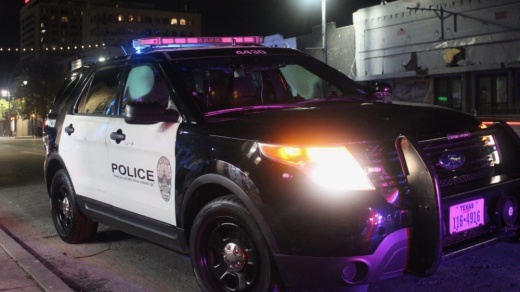In Austin, those calling 911 are met with the standard police, fire and EMS options—in addition to a fourth choice for a mental health request. Calls requesting help with a mental health issue are then forwarded to a specialist at the 911 call center and could result in clinicians and case managers, rather than police, responding to an incident.
Austin's practice of staffing its 911 call center with mental health clinicians is relatively new, but so far has produced positive results, public safety officials said during an April 19 briefing before City Council.
“This is what change looks like. That does two things. One is that it better gets for the people in our community the assistance and help they most need. The second thing is, is that this kind of response that’s more tailored to the actual need is going to make us all safer," Mayor Steve Adler said.
Adler also said call diversions could prove to be an added benefit for officers by giving them more time on the job to interact with community members, rather than responding to incidents that may not be as relevant to their field.
According to Austin Police Department Lt. Ken Murphy, head of the emergency communications center, most calls that are directed away from an initial police response do not require law enforcement intervention. Murphy said the city has seen between an 80%-85% "true diversion rate," or share of calls that are never transferred back to police or EMS after the mental health option is selected.
In addition to freeing up resources in the call center, Murphy said recent trends also show the practice has improved outcomes for those involved. APD data shows when officers are aware they are being dispatched to a call with a mental health component, arrests fell 45.5%, and uses of force declined 56.3% when compared with similar situations before the diversion program started.
"It’s just the knowledge the officers have of, yes there’s a potential mental health component, whereas before, they may have arrived on scene and not found out until after they gained control of the scene there was a potential mental health component," Murphy said.
In 2021, Murphy said 3,766 911 calls were diverted away from law enforcement. Based on the option's use through the first few months of 2022, Murphy said that figure could reach as high as 7,800 diverted calls this year.





